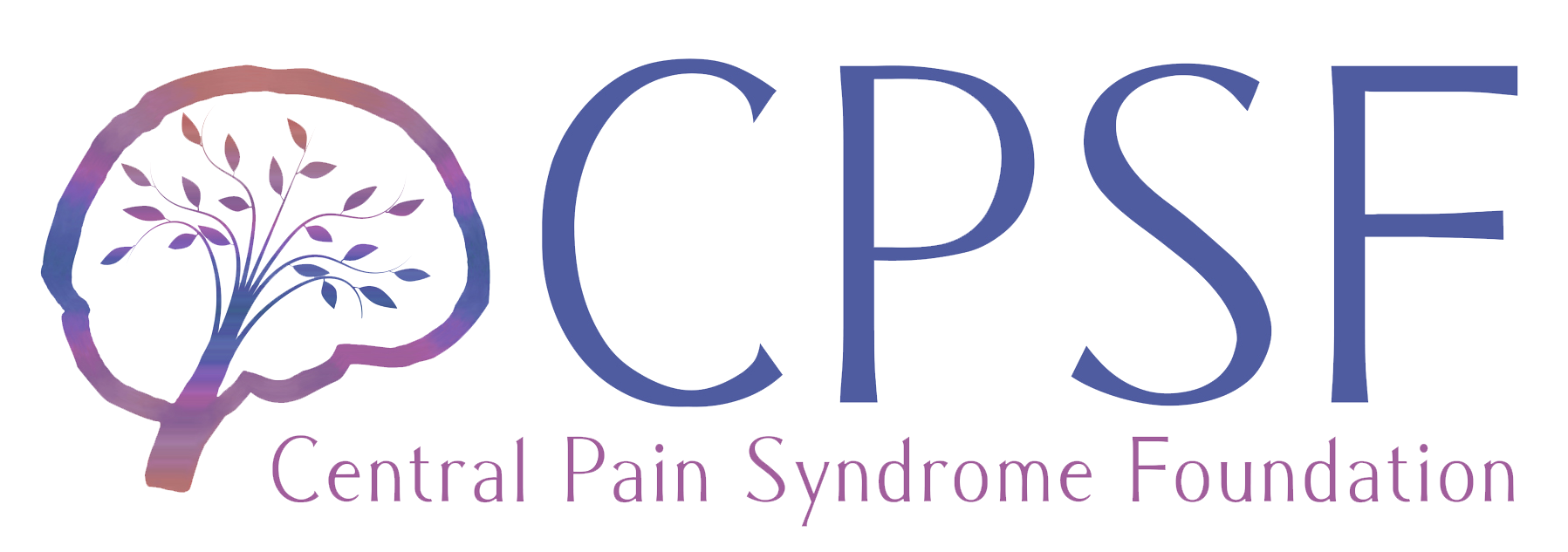The benefits of mindfulness
I was first introduced to mindfulness whilst in dialectical behavioural therapy, shortly after being diagnosed with Borderline Personality Disorder. We talked a lot about being in ‘wise mind' and not being ruled by our emotions. The meditation we practiced was based around Buddhist mindfulness and redirecting thoughts.
Again, whilst recovering from alcoholism in my mid thirties it was a life of ongoing meditation that would be the keystone to sobriety and spiritual growth. It was then that I searched for a practice that would benefit me, and one that was in line with the principles I had adopted whilst in recovery.
It was a long and difficult search to find the right mindfulness practice for me. As I discovered, most are based around Buddhism and eastern religions and philosophies. The problem was that I was not a Buddhist; not that I have anything against Buddhism, but I was raised in Christian values and although not a religious man I wanted to improve in the principles of love, patience and tolerance that I was introduced to in recovery. Spiritual principles grounded in faith - rather than self.
It was whilst searching for a meditation that I met a man who introduced me to non contemplative meditation. It was a non religious mindfulness exercise that didn't conflict with my beliefs. It was a way to grow in faith and more importantly a way to build resilience against stress and overcome anxiety, depression and other internal conflicts.
Three years ago after developing CPS I eventually got referred to a pain clinic and the main topic of discussion was of finding a mindfulness meditation practice. Once again, meditation was introduced as a way to deal with the mental pressure of living with chronic pain. In short, every avenue of help during my lifetime has led to meditation as a solution to internal conflicts and poor mental health.
And meditation does more than just improve the mind. It reduces stress, which in turn improves the immune system. observing negativity without being affected by it has led to periods of lower pain days. It has also helped me overcome the fears I have experienced since developing CPS and led to a more positive attitude.
There are litteraraly hundreds of meditation practices available. Many are guided distraction techniques which are helpful in the short term and can be useful in a flare up. But using distraction as a long term practice only serves to suppress problems further. Stress needs to be dealt with, in the moment, as we go about our days. Conscious awareness dissolves negative emotions the more we practice being mindful in the moment.
If you are new to meditation and are unsure where to begin I can suggest a free, non religious practice that is a way to seperate from thoughts and be conscious in the moment. This is a powerful awakening exercise. One that expels resentment energy and free's us from the bondage to negativity. I have been practicing it daily for the last 7 years and it has been life changing.
Mindfulness is at the centre of my life and as a result it has allowed me to let go of a lot of the frustration and fear around my condition. I now find myself at a place of acceptance - which isn't approval. It just means I no longer struggle emotionally and no longer harbour anger at the injustice of living with chronic pain. I can highly recommend making Mindfulness a daily practice in your tool box. It can change the course of your life. It is a powerful line of defence against the emotional battering of CPS.
https://schwarzhoffmedia.com/non-contemplative-meditation/
Questions or comments? Join the CPS patient conversation at our closed Facebook group or email us at info@cps.foundation

